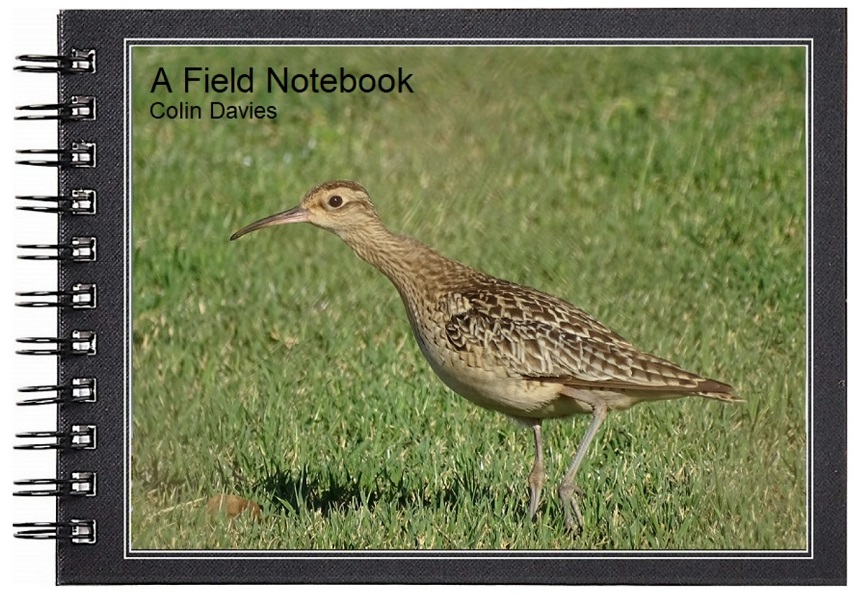Banded demoiselles are on the wing at the moment, at Pennington Flash I see
them either on Hey Brook or Westleigh Brook and perhaps they are also on
Pennington Brook but I don't usually go that way to find out.
It's that time of year when I don't usually expect to see much at the flash
and this kind of weather is especially grim. Hot sunny weekends with low water
levels means that the flash is heaving with people and dogs, some of whom
apparently can't read or don't care and just head off down the spit for
reasons best known to themselves, flushing everything in the nature reserve. On the
water we have yachts and organised open water swimmers and later on in the day
they'll be joined by inflatables and more casual swimmers, the latter all setting off
from the car park despite the signs saying don't do it and all apparently
unconcerned by toxic blue green algae in the water. Oh well fingers crossed folks.....
Yet to be honest, even if there were no people I still wouldn't expect much
from this kind weather at this time of year. Birds on the spit are shrouded in
a shimmering haze and more to the point, the breeding season is now in full
swing and passage has almost stopped. Anything that is moving will probably
fly straight over and not stop, why would they come down in these conditions? We need rain to bring them down, to persuade
them to stop off for a while and it's no surprise that dull, drizzly days are the
most productive at the flash and are the days that we long for. Not least
because they are also the days when the place is almost devoid of people and disturbance is at a minimum.
The only option in weather like this at this time of year is an early start, in the hope that birds which may
have roosted on the spit overnight haven't yet resumed their journey at such an early hour. The added bonus is that heat haze is not a problem at sunrise. So
for the past two or three weeks I've been getting to the flash at anytime between
4:30am and 6:30am. It's a bit galling when you make such an effort, to then
find that there are fishermen on the end of the spit, again completely ignoring the signs that they can't fail to see as they begin their trespass, who have been there
overnight and as a result there are no birds. Most of the time though
there is nobody on the spit and the car park is empty so early in the day.
Sadly, waders like so many other birds are declining dramatically these days
and combined with the complete lack of habitat management at the flash which means that there is virtually nowhere for waders to go, wader passage is now a
shadow of its former self here. We just get dribs and drabs, one or two dunlin
in the whole of the spring, maybe a redshank or a greenshank, perhaps a ringed
plover or a turnstone, the very occasional whimbrel or curlew, but as yet no
sanderling. We can only dream of birds such as wood or curlew sandpiper and apart from oystercatcher, nothing reaches anywhere near double figures during the whole of the spring. Temminck's stint is the carrot which gets me out of the door for 4:30am, or perhaps today there'll be phalarope? No, today the best wader was a common
sandpiper, the first I've seen here for two weeks. Might it be possibly the
first returning bird of the autumn?
I thought I'd missed cuckoo for this year at the flash because I never see
them in autumn so if I don't get one in spring that's usually it for the year.
However, I was delighted to hear one calling in Ramsdales this morning and
later from the direction of the golf course. There's been one reported for a
week or two so maybe this bird is not on passage and perhaps it will just hang around
until it's time to head south again. Also today, four common terns, two grey
wagtail and another singing garden warbler, this one in the bushes behind the
old Lapwing hide. I make that at least five singing males this year.
Oh, and CH1 is still here as well.








No comments:
Post a Comment